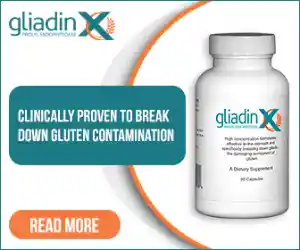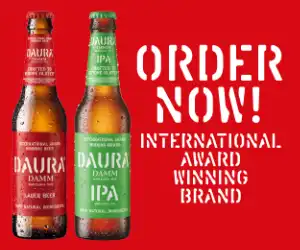-
Welcome to Celiac.com!
You have found your celiac tribe! Join us and ask questions in our forum, share your story, and connect with others.
-
Get Celiac.com Updates:Support Our Content
Rotation Diet-Beans
-
Get Celiac.com Updates:Support Celiac.com:
-
Recent Activity
-
- Scott Adams commented on Scott Adams's article in Diagnosis, Testing & Treatment2
Novel Enzyme Therapies Could Lead to Gluten Digestion in Celiac Disease (+Video)
This is a very difficult question to answer. The process for FDA approval could take 5-10 years or even longer. It could also fail during clinical trials, or lose funding (average cost years ago to get through clinical trials and FDA approval was $40 million!).- accidental gluten exposure
- celiac disease
- (and 8 more)
-
- trents commented on Scott Adams's article in Spring 2025 Issue2
-
- Elizabeth Lund commented on Scott Adams's article in Diagnosis, Testing & Treatment2
Novel Enzyme Therapies Could Lead to Gluten Digestion in Celiac Disease (+Video)
How many decades away is this?- accidental gluten exposure
- celiac disease
- (and 8 more)
-
- Donnalynne commented on Scott Adams's article in Spring 2025 Issue2
The Environmental Triggers of Celiac Disease: Are We Missing Something? (+Video)
Is there any method to reverse Celiac disease that doesn’t include a gluten free diet?- antibiotics
- celiac disease
- (and 8 more)
-












Recommended Posts
Archived
This topic is now archived and is closed to further replies.